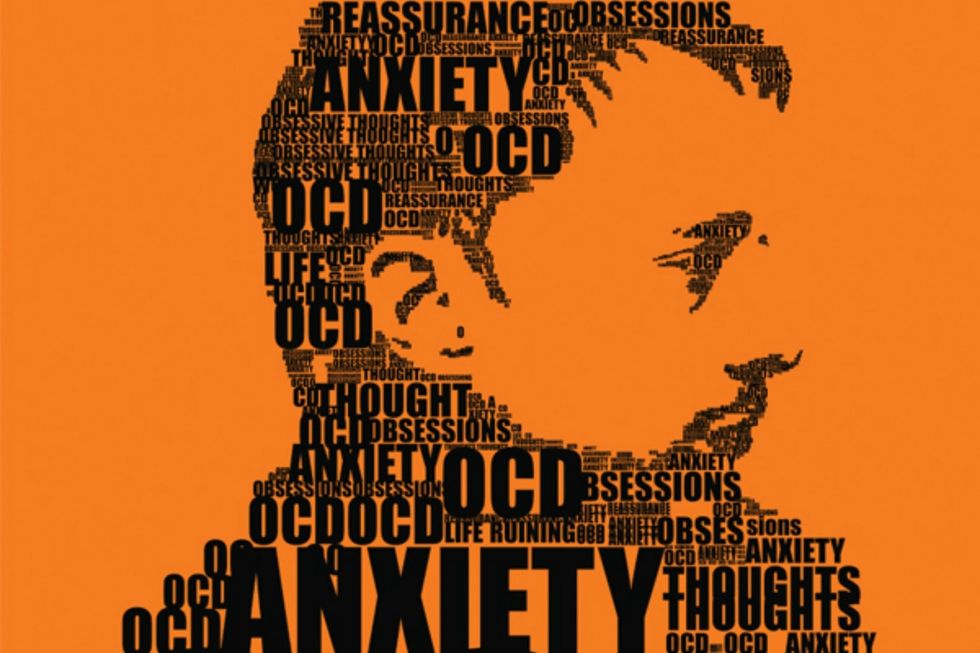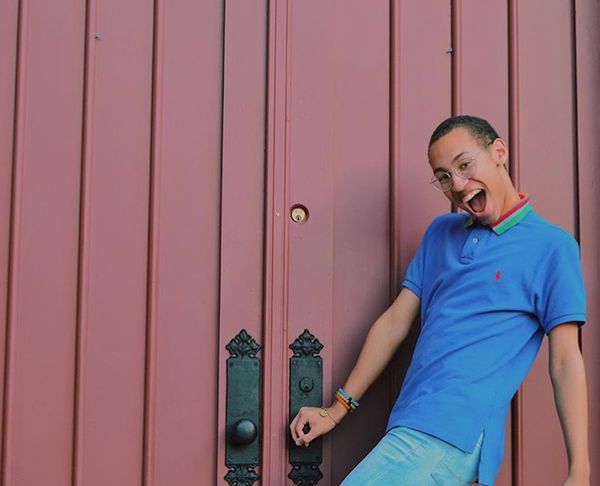When you say you’re “so OCD about that,” I think we all know what you think you’re saying. You think you’re talking about how neat you are, or how “anal-retentive” you can be, or that you’re very strict about having certain things go a certain way. Maybe you think it’s funny to use the ”adjective” OCD. Maybe you think it’s cool to use it. Or, maybe you’re simply going off of what you know OCD means, which is probably incorrect if you’re saying you’re “so OCD about that.”
No one is OCD about anything, because you can’t be OCD—it’s not an adjective. OCD stands for Obsessive Compulsive Disorder. Saying “I’m so Obsessive Compulsive Disorder about that!” doesn’t roll off the tongue in quite the same way, does it? You wouldn’t say, “I’m so ALS about this!” or, “I’m so MRSA about this!” would you? Why is a mental illness abbreviation any different?
Some might argue that OCD has taken on a new meaning, and now it’s more than just a mental illness—it’s slang. Well, I would argue that just because people are using some term as slang, doesn’t mean it’s actually slang or that it’s okay to use the term as such. It’s like when people say, “that’s so gay,” or “that’s retarded,” we know that they’re in the wrong.
So what does it even mean, “OCD”? Well, the DSM-V defines it as a condition where someone has either obsessions or compulsions or both. Obsessions are marked by reoccurring and persistent thoughts that are distressing and anxiety provoking. Compulsions are repetitive behaviors or mental acts that are done to attempt to decrease distress or anxiety from the thoughts.
To be diagnosed with OCD, not only do you need to have obsessions or compulsions or both, these obsessions and/or compulsions must be time-consuming, and/or cause significant distress, and/or impair functioning. So, if you like to organize your books a specific way, or if you clean your dishes with extra-care, or if you’ve got a rigid or stubborn or anxious personality, that does NOT mean you are OCD. Shocking, I know.
OCD isn’t supposed to be a joke, or even an adjective. As someone who’s been diagnosed with OCD for almost 10 years, I know what it’s like to live your life with actual OCD: with obsessions and compulsions, with fear and pain and loss of functioning. And for you to just use my disorder like it’s an adjective makes me feel like everything that I’ve experienced with OCD is just some joke to you. It feels invalidating and hurtful, but most of all it feels like OCD isn’t just the joke—I’m the joke.
No one wants to feel like their life is a joke, or they’re a joke. Please don’t make people with OCD into a joke. We’re here and we’re still standing after all that we’ve faced. We’re not some adjective you get to use as slang. You need to respect that—and you need to respect us. Because guess what? We’re not going anywhere.
If you know anyone who is dealing with OCD, or you yourself are dealing with it, here are some helpful links:
The International OCD Foundation
A Conference for People with OCD
A Help-Guide on OCD
A Self-Help Website for People with OCD
A Tumblr Blog about/for People with OCD



















